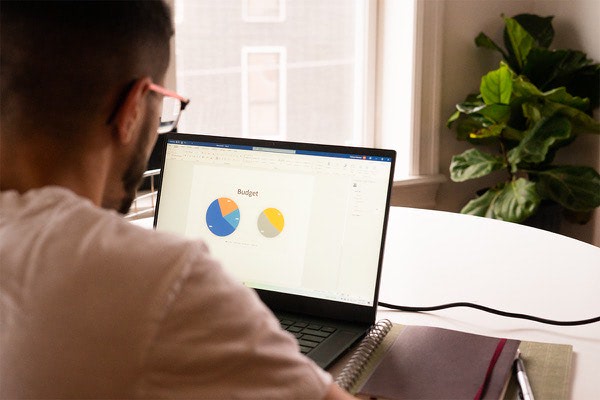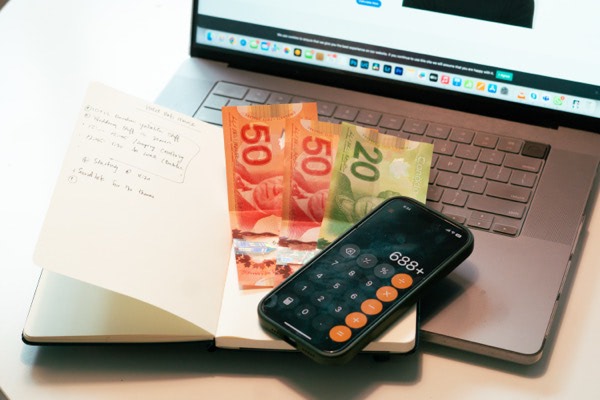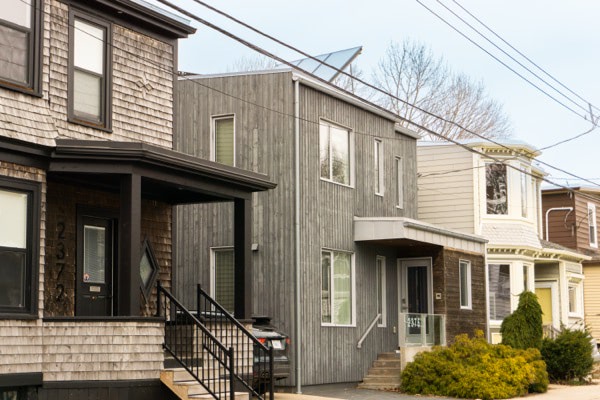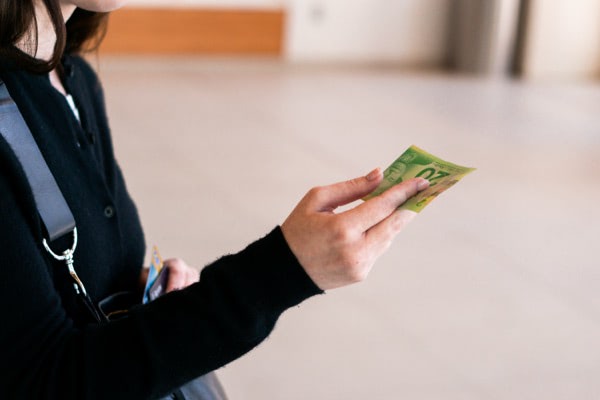How fast can you pay your mortgage off? Can you speed up the process? Here’s what you need to know!

5 budgeting habits to teach yourself
Are you trying to improve your budgeting skills? For many of us, proper budgeting is a hard goal to achieve. No matter how hard we try, it seems our money just keeps disappearing. Between monthly bills, groceries, and car payments, it can feel impossible to actually save money. However, there are some budgeting habits that can give you a push in the right direction, as long as you’re willing to commit to them! No matter your financial situation or what your goals are, you can apply these tips to your own personal situation. You can also read more about personalizing your budget here.
Let’s get to it. Here are five budgeting habits that can help get you on track!
#1 Plan it out
Try to plan out your spending and shopping trips as much as you can. What good will this do, you ask? Often, when we don’t have a structured list of things we need, we end up buying a bunch of extras we don’t need, or we make several little trips to the grocery store. Try to pick a day each week to go grocery shopping, make a list, and do your best to resist temptations. Do this for all your outings if you can, such as trips to the pharmacy, the mall, etc. If you want but don’t truly need something, try to wait a few days and see how you feel about it before buying it. Impulse buying can be a big downfall for many people’s budgeting plans!
#2 Know what you need
Our needs vary from person to person. In this case, we don’t mean needs like food and shelter, but obviously those need to be included in your budget as well. We’re talking about your daily life, and what you spend money on that you don’t think you can give up even with the best budgeting habits. For example, if you live for the feeling of buying a coffee every day, keep that in your budget! There’s nothing wrong with treating yourself, and it’s better to be honest about what you won’t be able to live without. If you feel like you can survive not going to the mall every weekend, try cutting that out. Be realistic about what you can and can’t eliminate from your budget, and focus on what’s achievable for you.
#3 Check in often
Checking in with our budgets can be scary. Similar to looking at our weight on a scale, checking our bank balance is something many of us hate, because we don’t want to know the consequences of our spending habits. However, in order to improve, you need to know what your starting point is, and how much progress you’re making. After all, you can never know how well you’re doing, or what you need to change, if you never examine the numbers.
Once a day, take a look at your account balance to see what you’ve been spending, and how much you have left in your budget. If you find you’re consistently spending more than you’re bringing in, this is a sure sign you need to make some adjustments. As daunting as it can be to face those numbers, it’s the quickest way to know what you need to change!
#4 Have a rainy day fund
It’s important to have budgeting habits that take into account the possibility of a sudden financial emergency. You can take a lot of financial stress away by setting aside some money every month for unexpected emergency expenses. Even if you have a steady income and stable work, it’s always a good idea to have a backup plan. In the event you lose your job, for example, you don’t want to find yourself out of money when you need it most.
The amount you need to save for emergencies will vary from person to person. For example, if you have a pet, include some money in your emergency fund for sudden vet visits. If you have children, you should always have money set aside for emergency trips to the dentist, eye doctor, and any other potential urgent situations. You should always be prepared for potential damages to your home as well. If your roof leaks or your furnace breaks, you don’t want to be stuck without the funds to fix it! By stashing some extra money away each month, you’ll have a safety net to fall back on in case you need it.
#5 Pay yourself first
Paying yourself first is one of the most important budgeting habits you can practice. This means when you get paid, the first thing you do is take a set amount of money and put it into your savings account. Do this before buying groceries, paying bills, or making any other purchases. Even though it might seem smarter to pay your essential bills first, you don’t want to find yourself in a situation where you have no money left over for yourself. By setting that amount aside, you can then use the rest of your money for your other expenses. This guarantees you’ll have something leftover, and you won’t have to worry about not having enough extra money.
If you don’t have much wiggle room with your budget, that’s okay too. Start with small contributions, even if it’s $10 every month. Every little bit is worth saving, and over time it will add up. Plus, once you see that number start to increase, you might even feel inclined to start cutting back on other expenses that aren’t essential. It always feels good to see our savings go up!
Budgets are different from person to person, and there isn’t a solution that fits everyone. However, we can all use these tips and apply them to our lives for a personalized plan. Budgeting doesn’t have to be all about cutting everything out. It can be tricky, but you can still enjoy your greatest pleasures while saving money, as long as you plan ahead and think it through.
If you have questions about buying a home or your mortgage, get in touch with us at Clinton Wilkins Mortgage Team! You can call us at (902) 482-2770 or contact us here.


